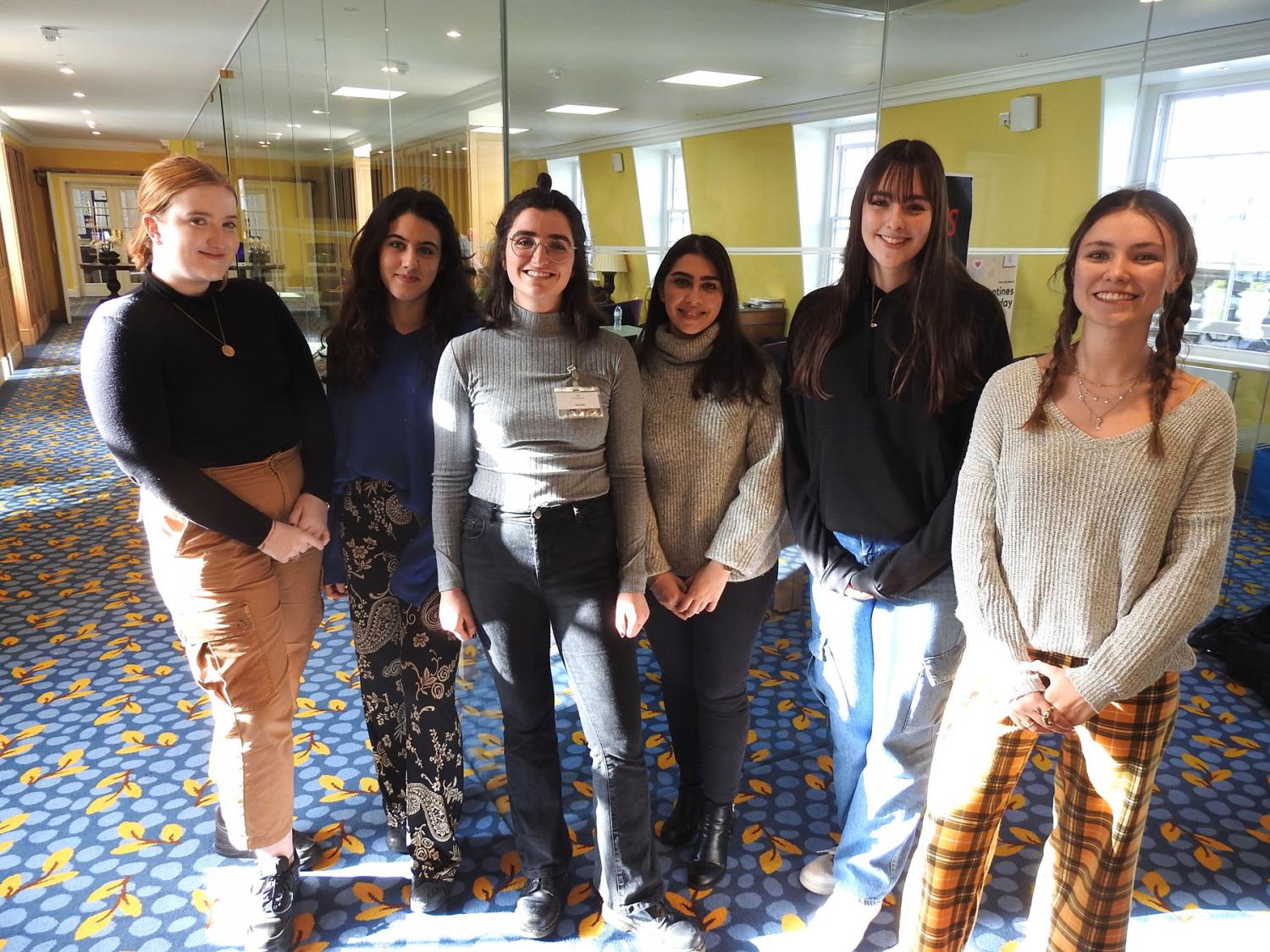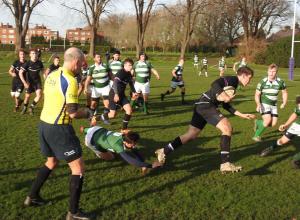
What is behind the surge that has seen applications to Harrodian's A Level Psychology course increase by 70 per cent? In his latest blog, Mr Hooke considers how and why the subject has come of age
It’s a Thursday lunchtime in February and up in Harrodian’s Sixth Form Study Area, two visiting post-doctoral Psychology academics from University College London (UCL) are conducting a slideshow presentation, setting out insights provided by their latest neuroscientific research into the development of the adolescent brain. It’s fascinating and enlightening stuff: how human adolescence doesn’t actually end until the mid-20s, for example; why teenagers have a heightened appetite for risk-taking; why they prefer advice from peers rather than parents and more.
Psychology was once viewed as a soft option but since the A Level was redesigned and reclassified as a proper science four years ago that has all changed
Susan Mapstone, Harrodian Head of Psychology
I asked Sue Mapstone, Harrodian Head of Psychology about the growing audience for Psychology that drew many Sixth Formers to this event. She believes it reflects both the growing relevance of psychology to young people’s personal lives and a surging enthusiasm for the subject as an A Level, a degree subject and potentially a career. ‘In the days when Psychology degrees were BAs rather than BScs, it was viewed as a soft option,’ Ms Mapstone tells me. ‘But since the course was redesigned and reclassified as a proper science four years ago that has all changed.’
People’s minds, and why and how they think the way they do is fascinating
Amelia, A Level Psychology student
This transformation sprang out of an A Level curriculum revision, masterminded and designed by the universities themselves, which has brought new rigour and discipline to the course. Undertaking experimental work, research projects, processing the data and making sense of statistics all contribute to a course with a strong emphasis on applied knowledge and practical application. ‘It’s tougher,’ admits Ms Mapstone. ‘But the empirical approach means it’s now viewed as an A Level that equips you properly to take on science-based subjects at tertiary level. The universities value that and I think the students like it too.’

A chat with two of her A-Level students confirms her view. ‘The approach to learning is more scientific than it used to be and that suits me because I’m mathematics and statistics-focused,’ says Upper Sixth Former, Misk who plans to study Psychology at Edinburgh and to follow in the footsteps of her father, a relationships therapist. Her classmate Amelia’s Psychology A Level is taking her towards a degree in Criminology. ‘People’s minds, and why and how they think the way they do is fascinating,’ she says in explanation. ‘I want to find out what is behind a criminal or a terrorist mentality and how understanding that can contribute to positive change and rehabilitation.’
The approach to learning is more scientific than it used to be and that suits me because I’m Mathematics and statistics-focused
Misk, A Level Psychology student
Both girls have clearly also relished the practical experience – ranging from a one day Phobia Workshop at ZSL London Zoo, to a rare opportunity to work alongside academics on an authentic piece of UCL’s adolescent research – that has become integral to their studies. Ms Mapstone is particularly excited by the growing relationship with UCL. ‘It came about when the university asked me if some of Harrodian’s 12-14 year old girls would be willing to take part in a study investigating how puberty affects girls’ cognitive ability and mental health,’ Ms Mapstone explains. When the school – and girls and parents – agreed, the A-Level students were invited to help (shown above with the two UCL researchers, centre). ‘I enjoyed working on the study,’ says Misk. ‘So much exciting research work is going on in universities at the moment and it gave me a taste of what that might feel like.’
This year’s crop of GCSE candidates has also clearly cottoned on. No fewer than 42 of them, both existing Harrodians and external applicants, have signed up for next year’s Psychology A Level course. This surge in demand – an increase of nearly 70 per cent on this year’s figure – has prompted the appointment of a new teacher, Joseph Greenberg, who will join Harrodian in September. ‘The growing appeal of the course and the value of the qualification make this an exciting moment,’ says Ms Mapstone. ‘It feels as if Psychology is really coming of age.’







